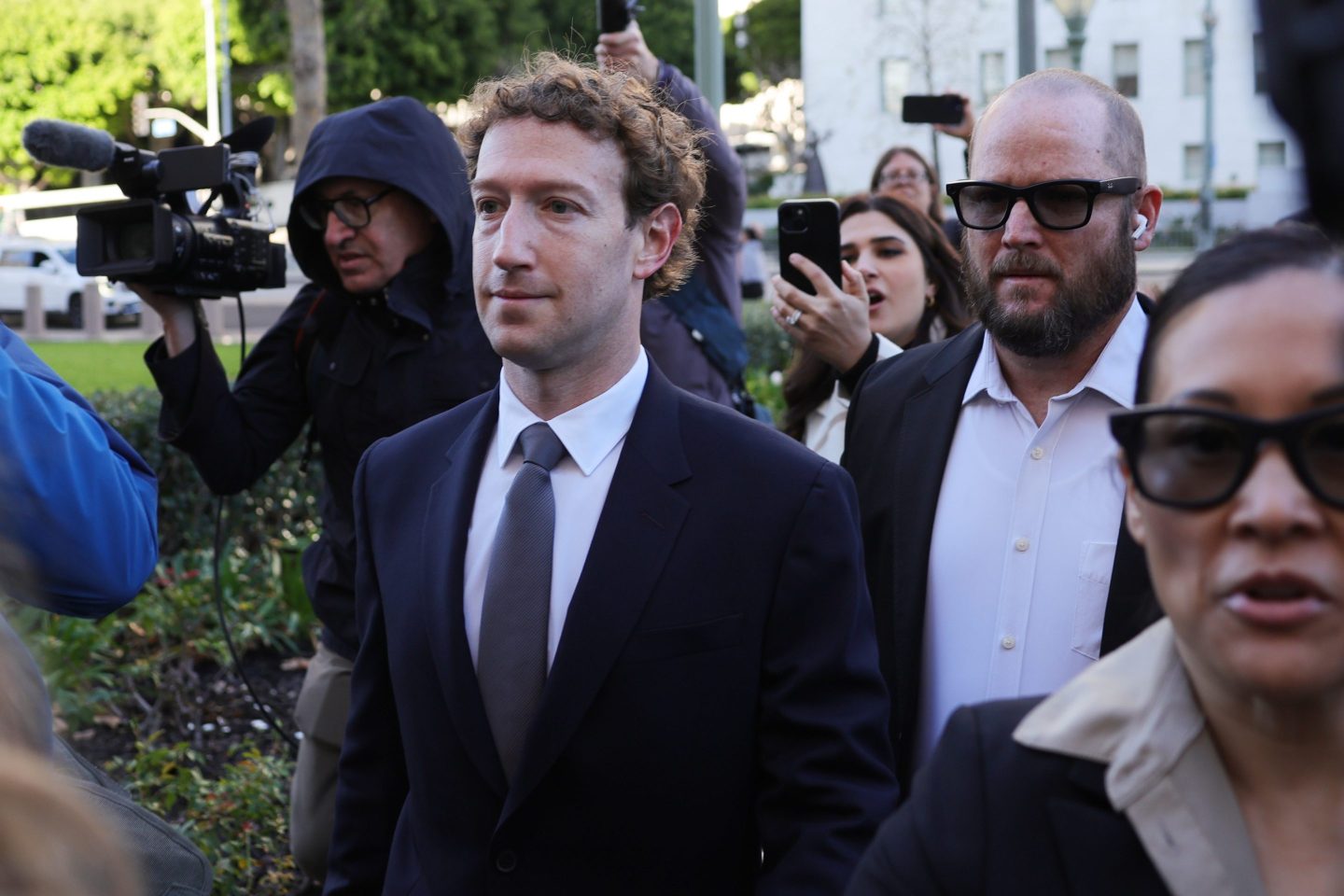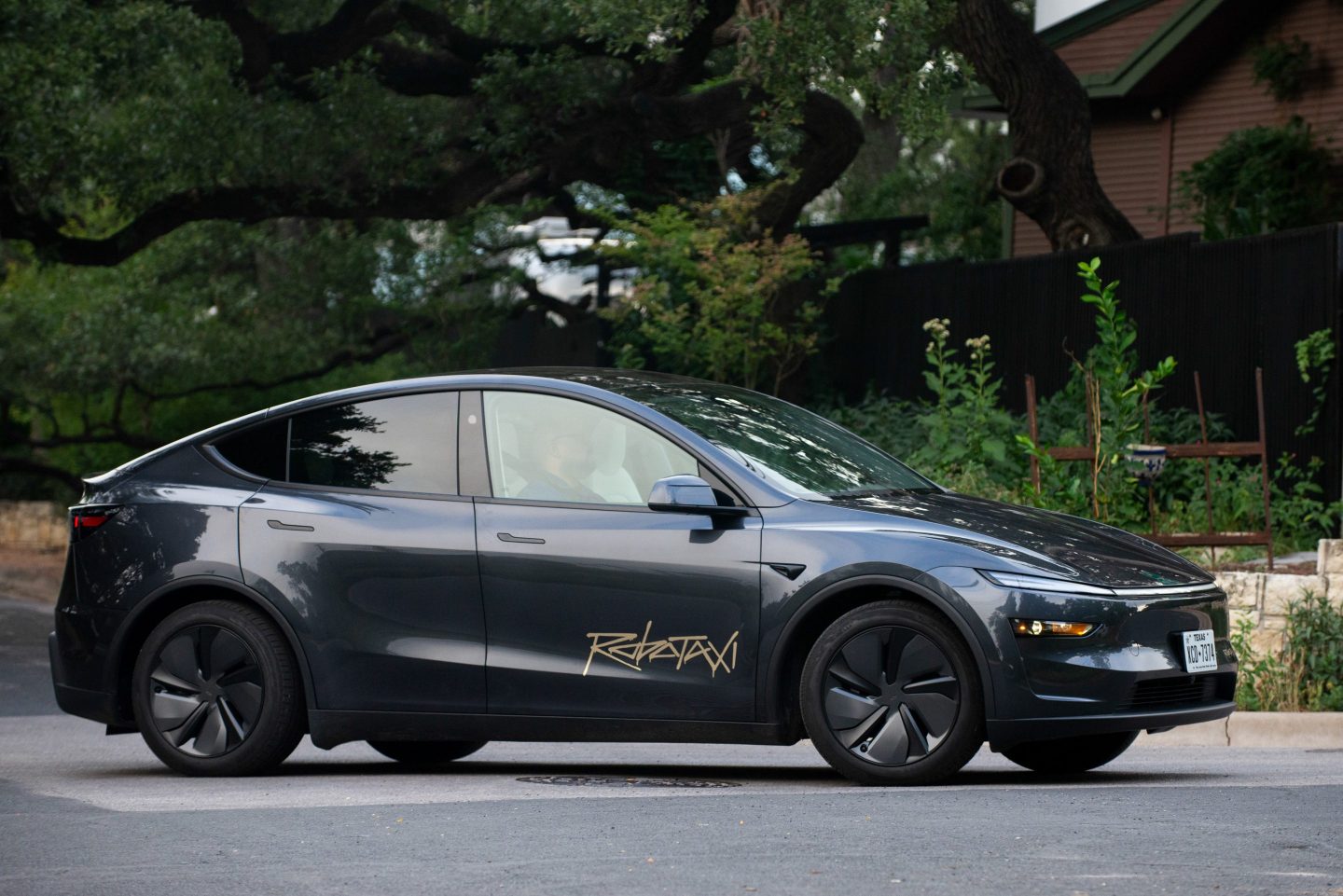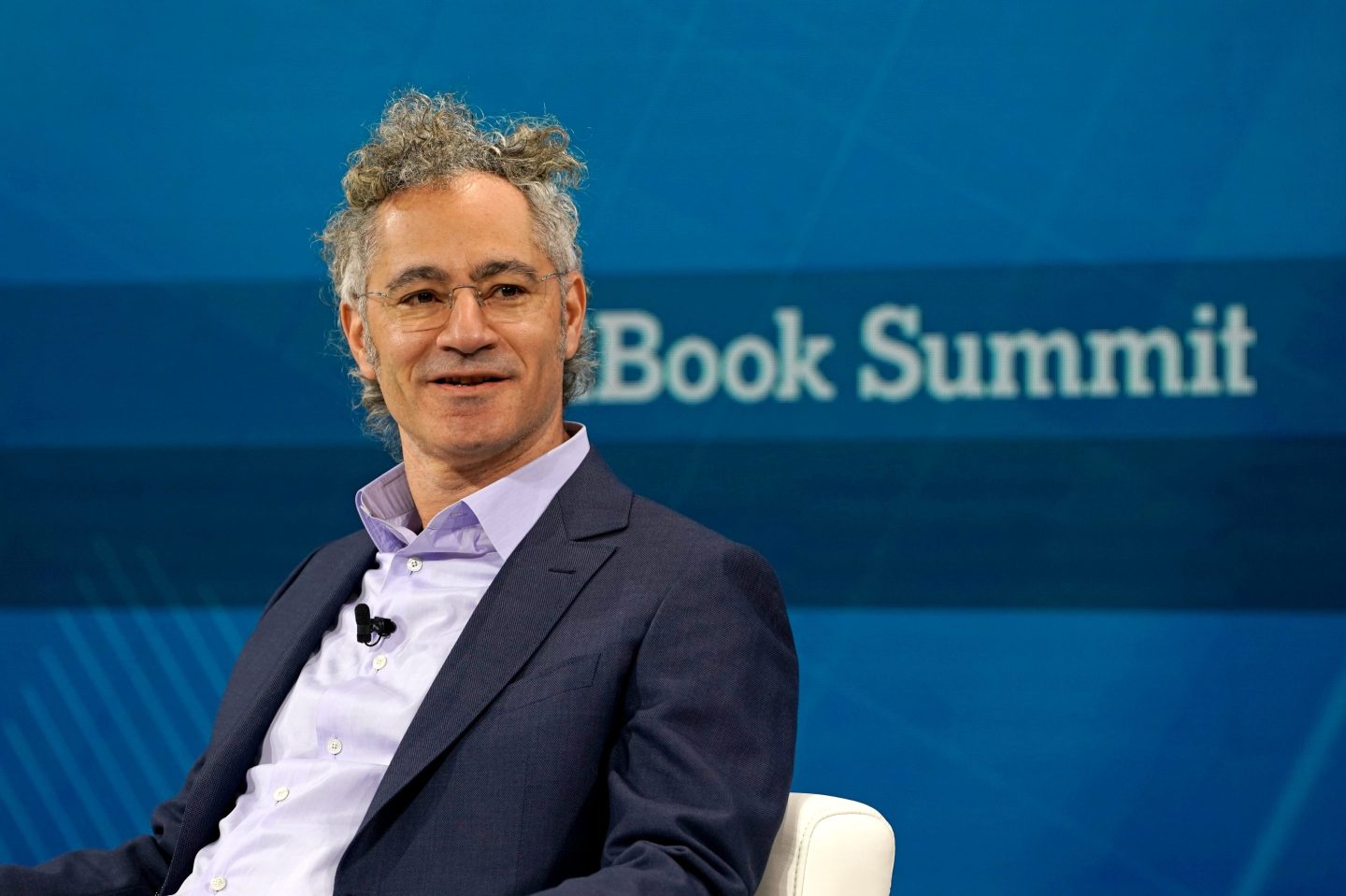Nokia Oyj (NOK) confirmed it’s swallowing Alcatel-Lucent SA (ALU) in a €15.6 billion ($17 billion) deal that is effectively a rescue for the French-based group, a chance to bulk up and stay alive in the fast-changing, investment-heavy telecoms networks business.
It also completes another remarkable transformation in the 150-year corporate history of Nokia, proving that there’s still life in the old dog after its near-death experience with mobile phones.
“We expect to create a global leader with the scale to pursue top positions in every area we choose to compete in,” Nokia’s chief executive Rajeev Suri said in a video clip explaining the deal.
That will include 5G, IP and software-defined networking, cloud, analytics as well as sensors and imaging, according a joint statement issued Wednesday.
The two reckon that their total available market is around €130 billion a year and growing at a rate of between 3.5% and 5%. Last year, their combined sales were just under €26 billion.
“It’s the right deal, with the right logic at the right time,” Suri said.
The deal is more favorable to Nokia than initially thought, valuing it at two-thirds of the combined company to Alcatel’s one-third. Both Suri and chairman Riisto Siilasma will both keep their positions in the combined company, and the combined company will go under the simple name of Nokia (the bosses seem to have learned a thing or two since the horrendously clunky Microsoft Nokia Lumia tag for its ill-fated phone business), with the headquarters remaining in Helsinki.
However, Nokia said it intends to keep the “iconic” Bell Labs unit, Alcatel-Lucent’s R&D hothouse, going under its own name.
Suri admitted the combined payroll of 113,000 (of which 40,000 work in R&D) will have to be cut where there are overlaps, but said that it wouldn’t force the French-based company to go beyond the job cuts that it had already laid out in its own restructuring, called the ‘Shift Plan’.
That will appease a French government anxious to avoid the loss of high value-adding technology jobs. Alcatel has already boiled down its presence in France from five locations to two, as part of a plan that cut a net 10,000 jobs worldwide.
In another sweetener to Paris, the company will also seed a €100 million investment fund to finance startups in France with a focus on the Internet of Things and the industrial internet.
In many similar cases in recent years, the French government has done its best to block takeovers by foreign companies (even down to businesses such as video streaming site Dailymotion). It’s a measure of Alcatel-Lucent’s strategic weakness that President Francois Hollande rolled out the red carpet for Nokia at Elysée Palace Tuesday, and that the government has waved the bid through without any real opposition.
Talking to French radio station BFM, Economy Minister Emmanuel Macron talked the deal up as “the birth of a great European champion…the start of a phase of reconquest and expansion after two hard years of restructuring.” He also promised that the group would focus its development of 5G technology in France.
There have been suggestions that a number of Alcatel-Lucent’s operations could be surplus to requirements in the future: CEO Michel Combes said that Nokia had initially only wanted to buy its mobile assets, and that he had rejected the proposal. But the first candidate for culling is (as expected) Nokia’s mapping service Here, which Suri said would be put under strategic review.
The most immediate benefit the merger will bring to Nokia is an improved footprint in North America, which accounted for only 15% of total revenue last year (for Alcatel-Lucent, it was 44%). There’ll also be €900 million a year of operating synergies by 2019 and €200 million a year less in interest charges (Nokia has a much stronger balance sheet, thanks to the cash from the sale of its mobile phones business to Microsoft).
But it may take some time for the benefits to become apparent in the company’s accounts. The deal won’t close for the best part of a year, and will only start adding to Nokia’s per share earnings in 2017. Nokia didn’t make any mention of a dividend increase in its statement, saying only it would maintain the payout at its current level.












